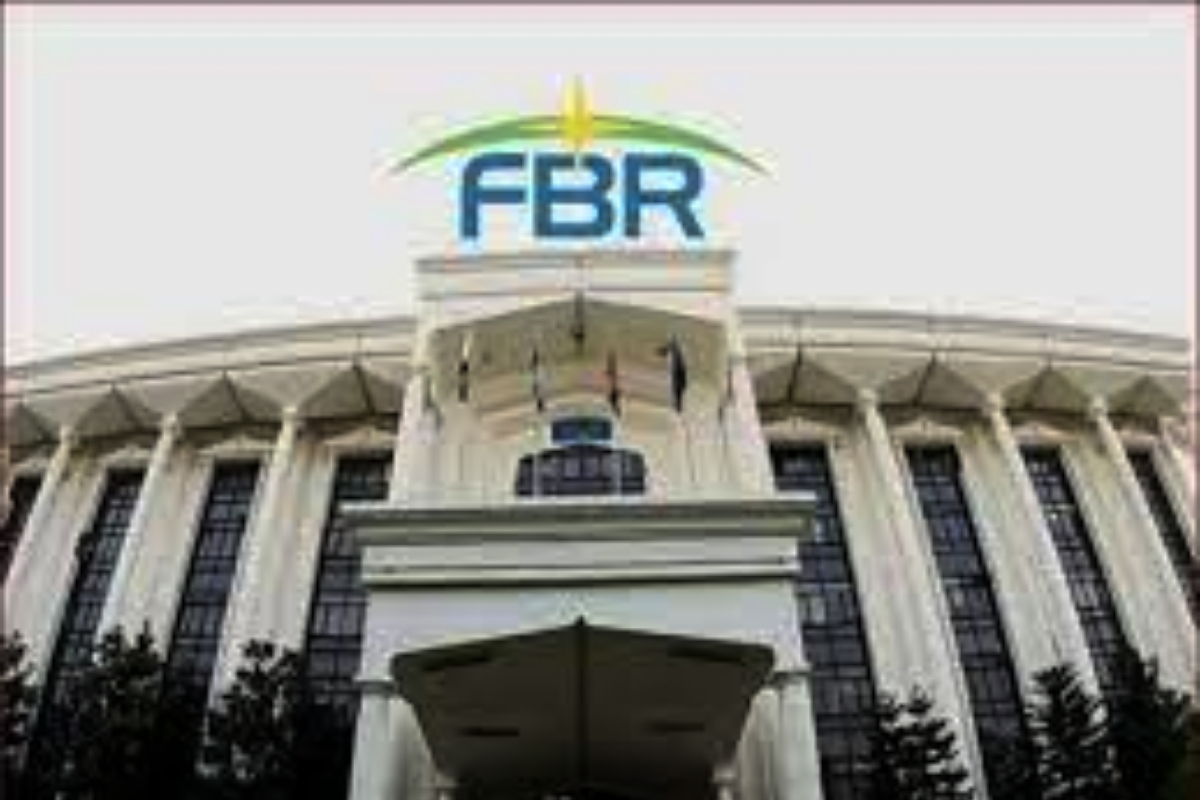Tax authorities have collected Rs85 billion in a six-month period through cash withdrawals and electricity usage from individuals who haven’t filed their income tax returns. This suggests that those who are not complying with tax laws are mainly located in the largest urban areas, specifically Karachi and Lahore.
Of the Rs85 billion collected from non-filers, almost 60% came from Karachi and Lahore, the two largest cities in Pakistan. These cities have the highest urbanization, and the Federal Board of Revenue has a significant presence there, with eight out of 25 field offices located in these areas.
The government imposed a 0.6% tax on cash withdrawals exceeding Rs50,000 and a 7.5% withholding tax on monthly domestic electricity consumption above Rs25,000 by non-filers of income tax returns. Between July and December of this fiscal year, the FBR collected Rs85 billion under these two taxes, marking an increase of nearly half, or Rs27.5 billion, according to the data.
Charging higher taxes from non-filers has become a convenient way to generate revenue, rather than broadening the tax base. This policy, implemented for the past decade, has resulted in Pakistan’s tax base remaining extremely limited.
The data reveals that, following the reinstatement of the 0.6% tax on cash withdrawals, the government collected Rs15.2 billion in the first half of this fiscal year. The highest amount, Rs6 billion, came from Karachi, followed by Rs4.5 billion from Lahore.
The 0.6% tax on cash withdrawals was initially introduced by former Finance Minister Ishaq Dar during the PML-N’s 2013-18 term to bring retailers into the tax net. However, the strategy did not produce the desired outcomes; instead, people began keeping cash outside of banks, causing the currency in circulation to surge to 26%.
During the initial half of this fiscal year, the currency in circulation decreased from 29.2% to almost 26%, attributed to high-interest rates. Individuals capitalized on the substantial returns on savings accounts resulting from the record-high interest rates.
From Peshawar, the FBR collected Rs523 million on account of cash withdrawals, and Rs531 million were generated from Multan. From the small city of Sargodha, the FBR collected Rs327 million from non-filers on cash withdrawals, and Rs451 million was collected from Sialkot – the hub of sports industries. An amount of Rs69.4 billion was also collected on monthly bills of over Rs25,000 for non-filers. There was an increase of Rs12.5 billion or 22% under this head, mainly because of an increase in electricity prices that doubled the bills of households.
Lahore contributed Rs23.5 billion to electricity consumption, representing over one-third of the total collection in this category. Similarly, Karachi’s contribution to this collection was Rs15 billion.
To fulfill commitments made to the International Monetary Fund and the Special Investment Facilitation Council, the FBR aims to expand its tax base to 6.5 million filers by June of this year. However, as of the end of December, the number of filers for the tax year 2023 was only 3.6 million.
As part of its strategy, the FBR plans to disconnect the electricity and gas connections for non-filers and block their mobile phone SIM cards. However, the Income Tax General Order to implement these measures has not been issued yet.
During the first half of this fiscal year, the FBR also collected Rs47 billion from telephone and internet users, including filers.
The interim government and the military establishment initially planned to broaden the tax base through administrative reforms in the FBR. However, these reforms have now boiled down to the separation of the Inland Revenue Service and Customs Service Group, effectively dissolving the FBR.
This restructuring has led to internal conflict between the two service groups, posing a potential threat to the FBR’s revenue collection efforts. Notably, the Large Tax Office Karachi, the highest revenue-collecting field office in the country, observed a strike against the FBR restructuring.
[embedpost slug=”fbr-issues-guidelines-for-the-online-integration-of-businesses/”]
Customs officers argue that their functions are more about trade facilitation and applying regulatory controls than tax collection. They highlight that the FBR has already agreed to reduce reliance on withholding taxes at the import stage under various reform programs. In the initial half of the fiscal year, the FBR collected 40% of the total taxes at the import stage, including withholding taxes and sales tax.
The custom officers further said that such collection leads to several distortions in the economy, and fewer countries rely on it. Therefore, if customs and IRS are separated, each can grow on their own professional trajectory.
However, the Inland Revenue Officers are of the view that they would simply not accept the restructuring at this stage. They are now threatening to slow down the collection, and the first resistance came from Pakistan’s largest tax office in Karachi.

















